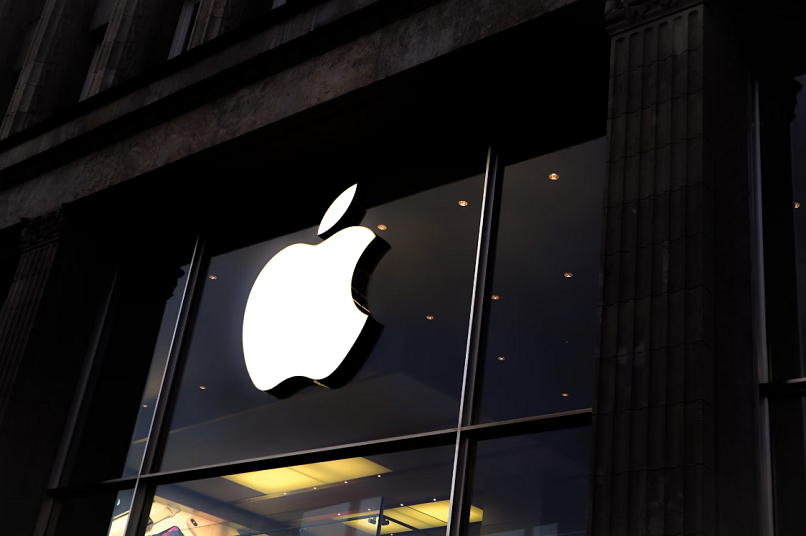UK Directs Apple to Weaken iCloud Security With Backdoor

Apple has been instructed by UK authorities to create a backdoor in its iCloud encryption, as announced by the Washington Post. The directive, issued under the Investigatory Powers Act, would grant the government access to encrypted user data, affecting iCloud users not just in the UK, but globally.
This order reportedly targets Apple's Advanced Data Protection (ADP), an enhanced encryption feature launched in 2022. ADP extends end-to-end encryption to iCloud backups and files, preventing Apple from accessing users’ stored data. Under standard settings, iCloud encrypts data with keys stored on Apple’s servers, making decryption possible. However, ADP secures files using encryption keys stored solely on user devices, leaving Apple unable to access them.
The UK’s demand is backed by the 2016 Investigatory Powers Act, which allows law enforcement to compel companies to aid in investigations through technical capability notices. These notices are confidential by law. Apple is believed to have received one from the UK Home Office last month, requiring modifications to ADP to allow government access.
Cybersecurity specialists caution that embedding a backdoor would compromise security, making user data more vulnerable to cyber threats. If implemented, Apple would be legally prevented from informing customers about the change.
The company has the right to appeal the order before a confidential panel, which assesses factors such as cost and necessity. Additionally, a judge would determine whether the order is justified. Despite the appeal process, compliance is mandatory while the case is reviewed.
Rather than weaken encryption, Apple may opt to disable ADP in the UK. Last year, the company suggested this possibility in a parliamentary submission regarding amendments to the Investigatory Powers Act. Removing ADP in the UK would protect encryption in other regions while avoiding compliance with the country’s security-altering mandates.
This move could influence encryption policies for other tech firms. Google introduced end-to-end encrypted backups for Android in 2018 but has not disclosed whether it received similar government requests. Meta, which secures WhatsApp with end-to-end encryption, has publicly committed to resisting backdoors.
Earlier this year, Apple was facing additional security issues. Cybercriminals were using deceptive techniques to circumvent Apple iMessage’s phishing protection, luring users into manually enabling disabled links in scam messages.



Please, comment on how to improve this article. Your feedback matters!